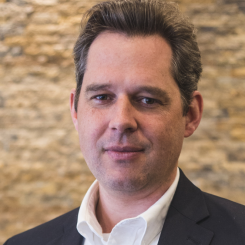Michael A. Mehling
Twice a year, the MIT Center for Energy and Environmental Policy Research (CEEPR) hosts workshops in Cambridge, Massachusetts, for a select audience drawn from industry, government, and academia to discuss recent research output and help shape the ongoing research agenda. On May 21 and 22, the 2015 Spring Research Workshop brought together around 70 participants for a timely discussion of trends and developments in the energy space. Use of large datasets to infer behavioral patterns and policy implications featured in the first session, followed by an update on carbon capture and sequestration in the United States and abroad. After lunch, participants engaged in a discussion on environmental rulemaking for the transportation sector and the substantial challenges of meeting infrastructure needs for transmission and distribution of oil, gas and electricity in North America. John Deutch, MIT Institute Professor and former United States Deputy Secretary of Defense and Director of Central Intelligence, rounded out the first day with a keynote address on the upcoming Department of Energy’s 2015 Quadrennial Energy Review (QER). On the second workshop day, participants engaged in a lively debate on the technical possibilities and policy incentives for demand response in electricity markets, and learnt about recent efforts to increase access to sustainable and affordable energy in the developed world. Attendees left with a sense of substantial transformation across the energy sector, but also of new technology options and market opportunities. Clearly, the debate is far from over.



